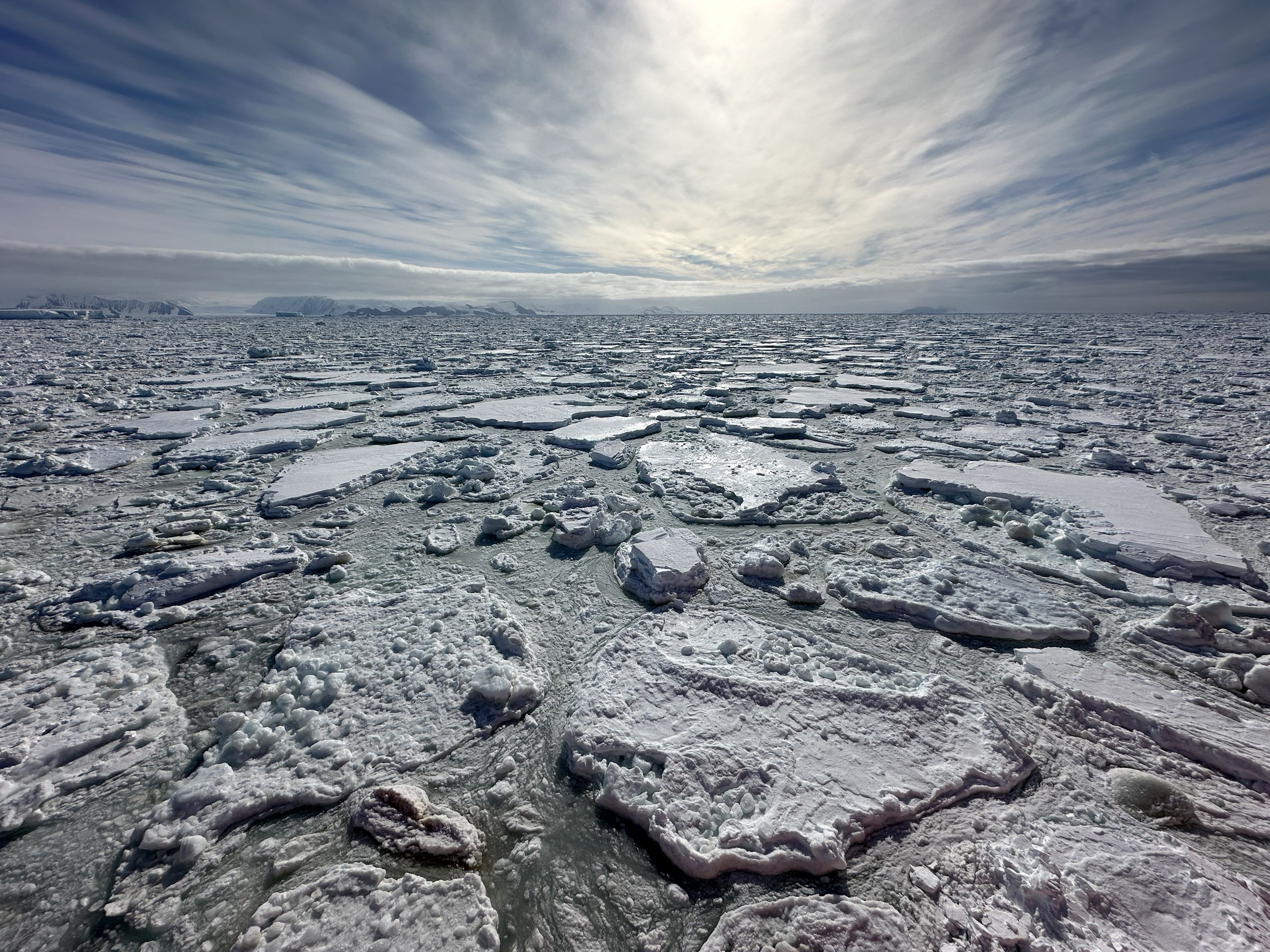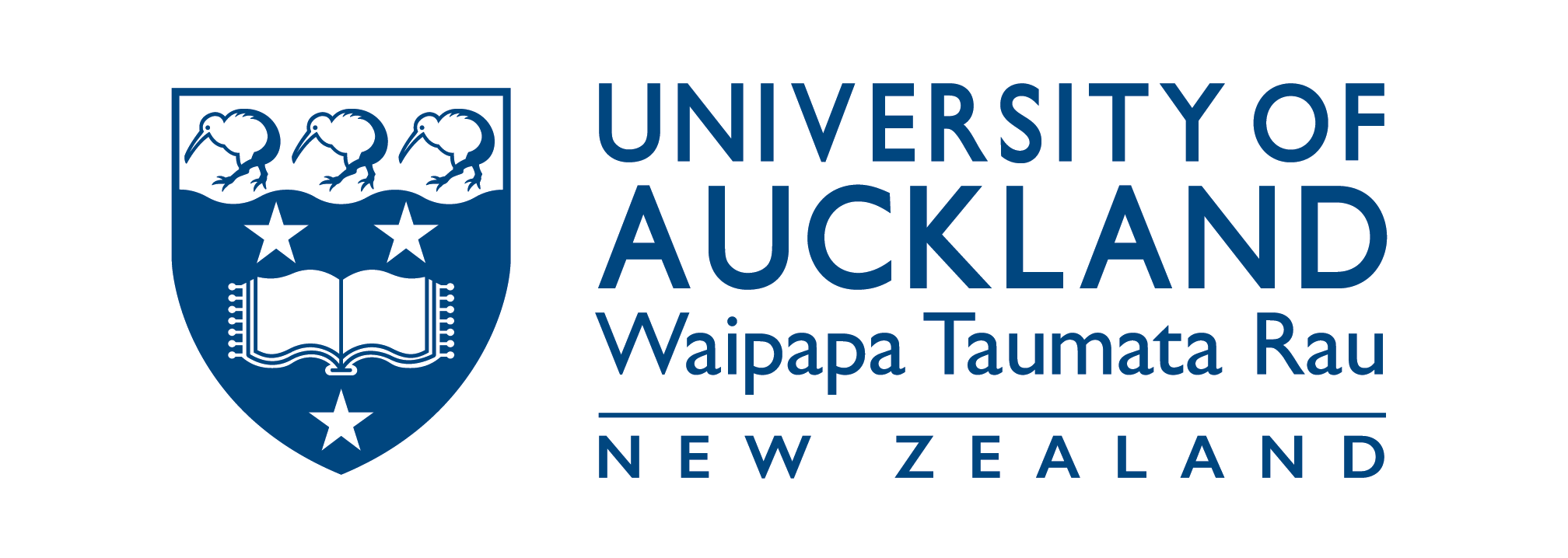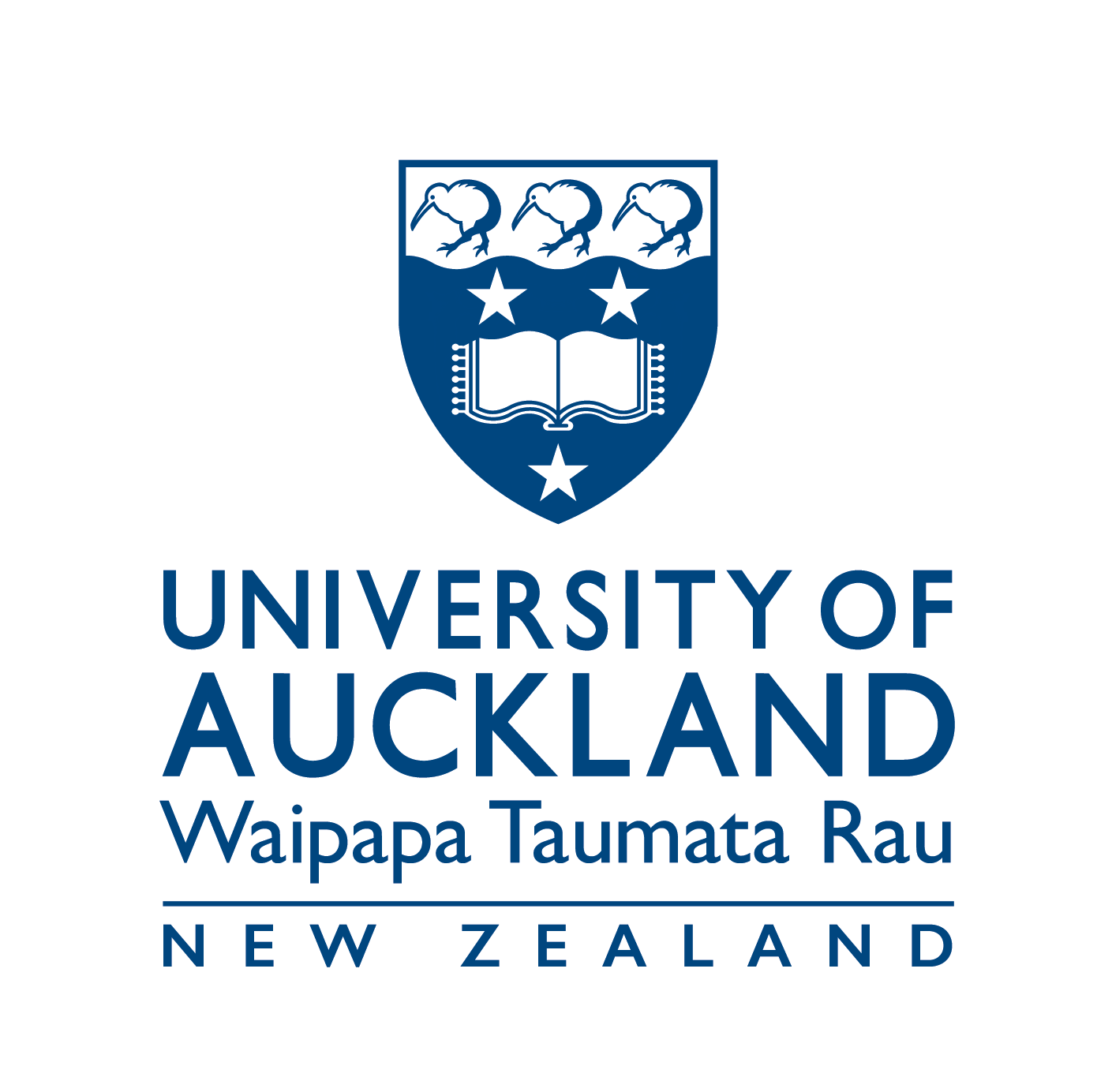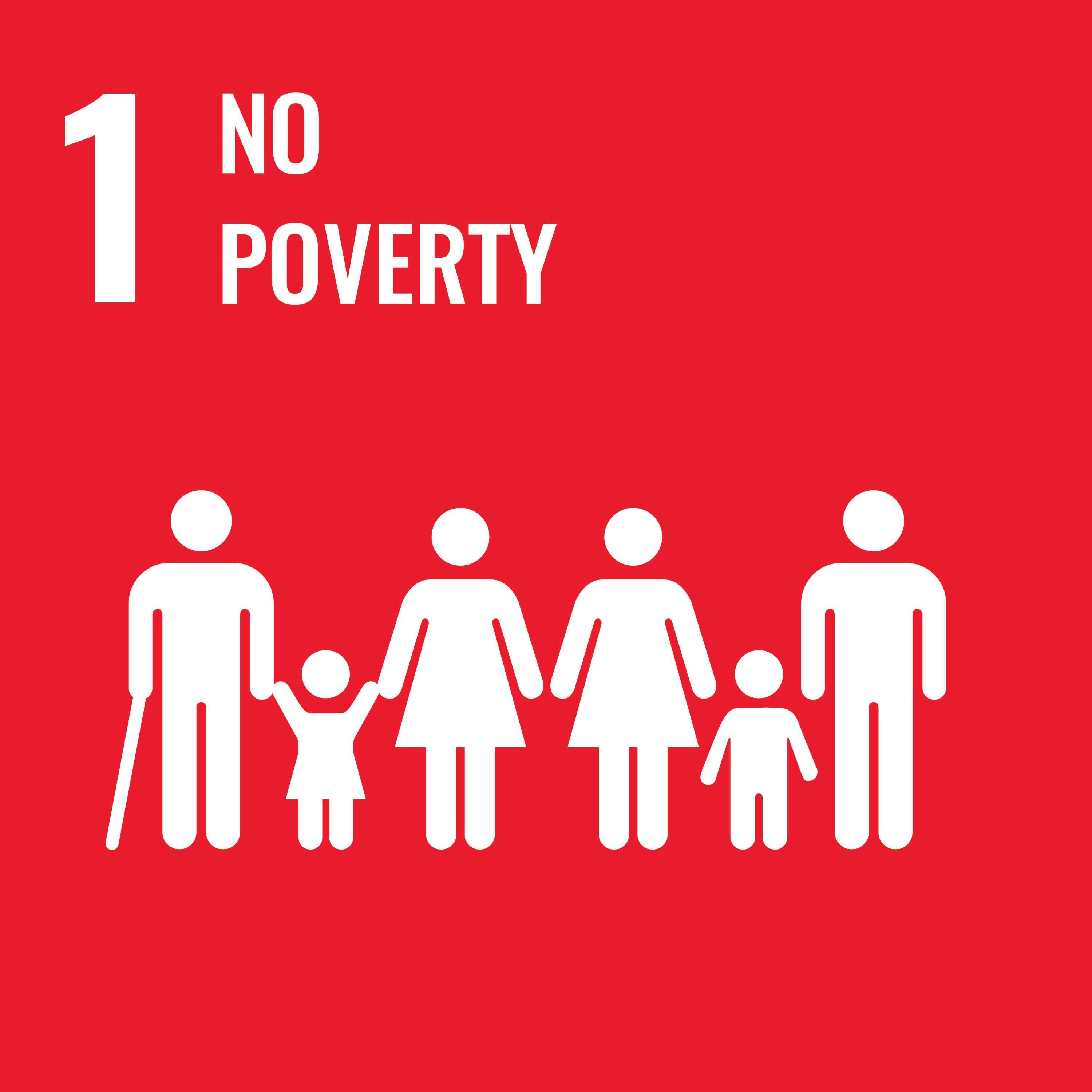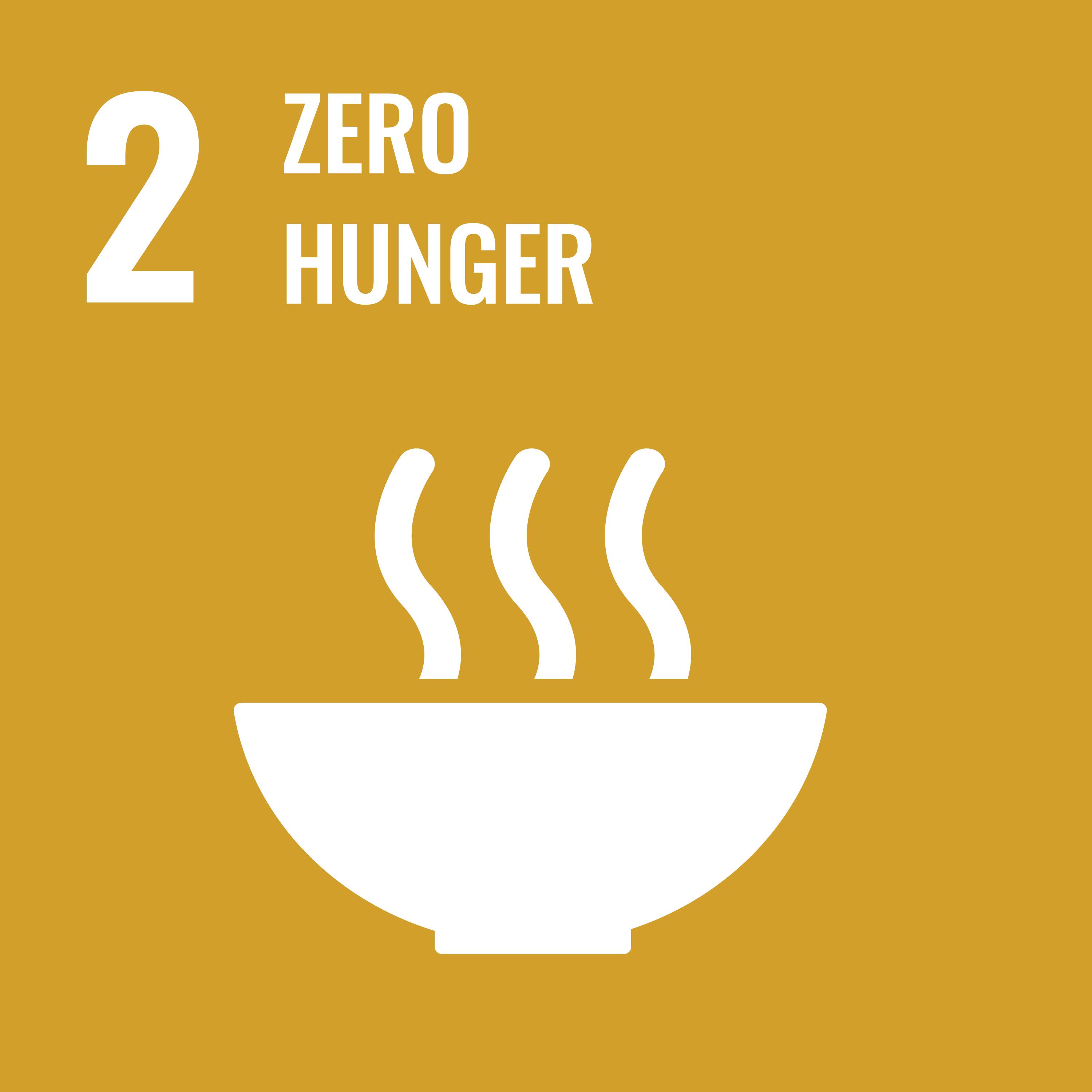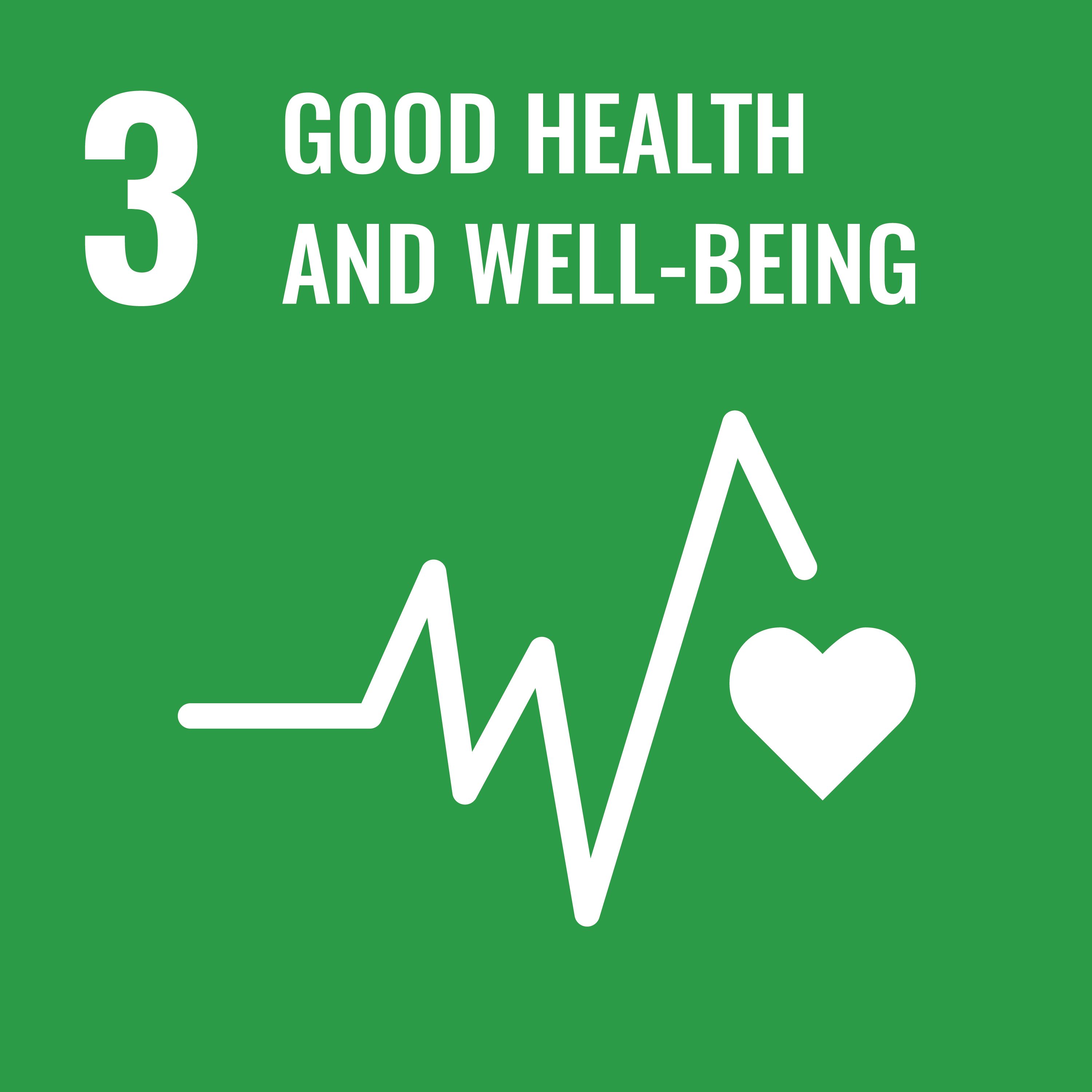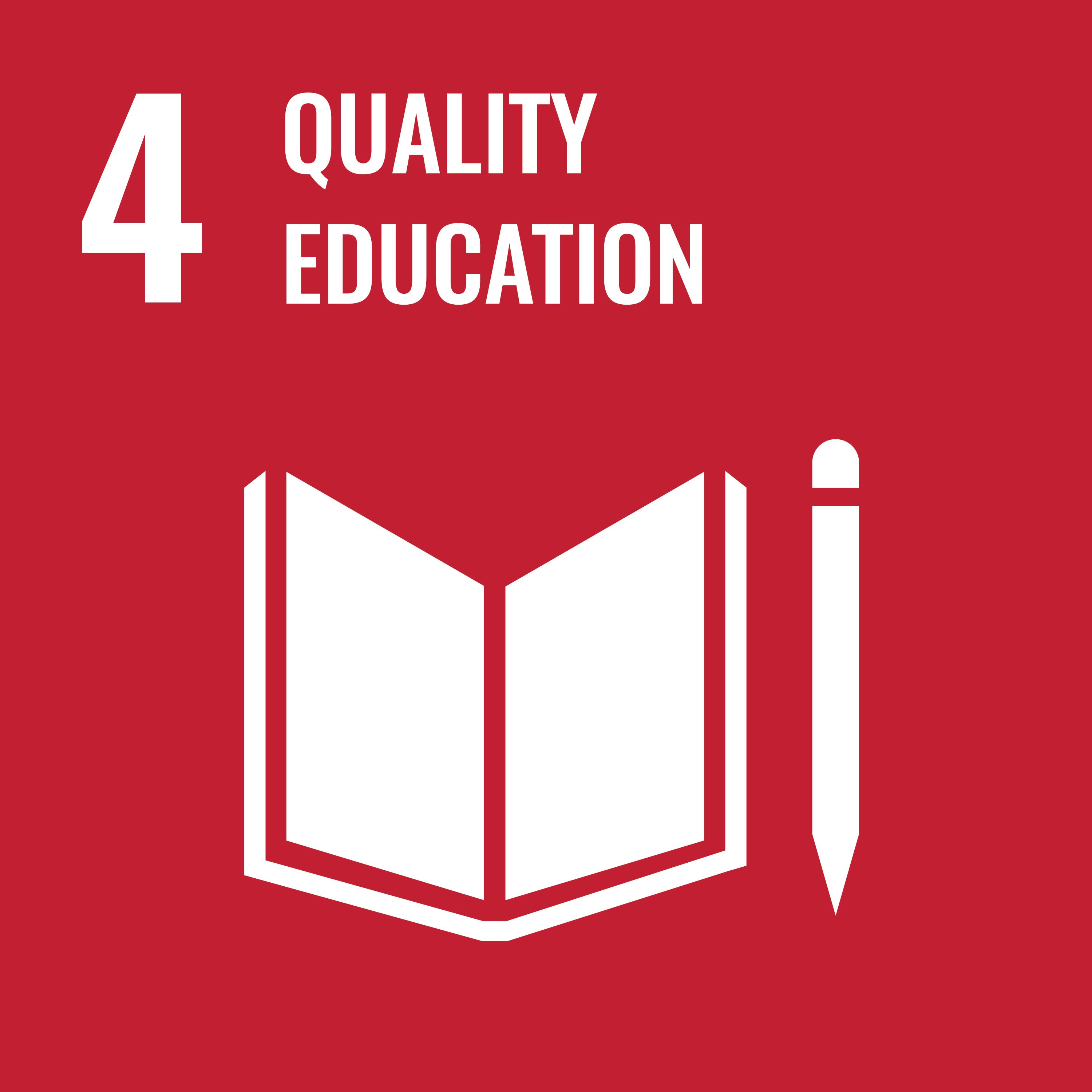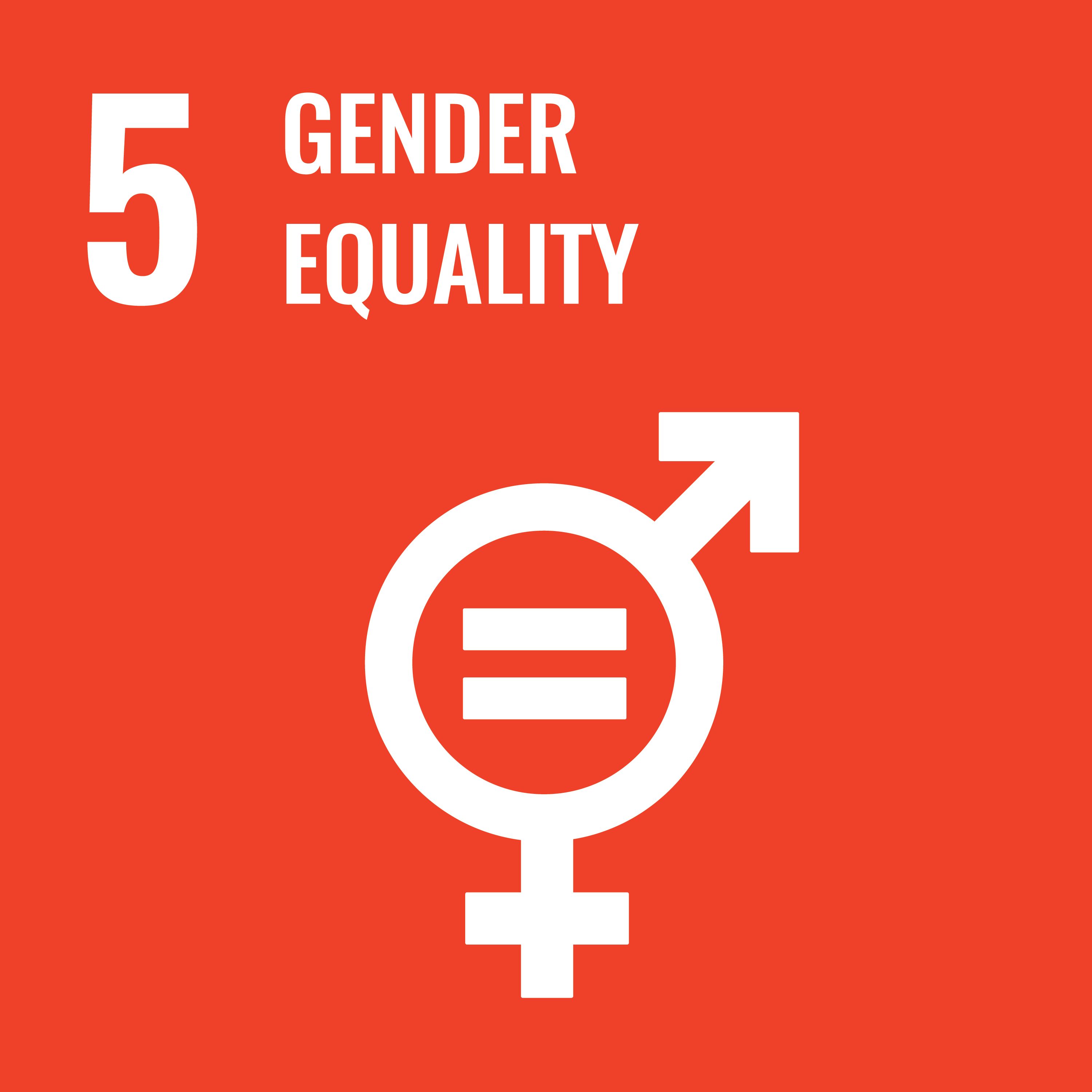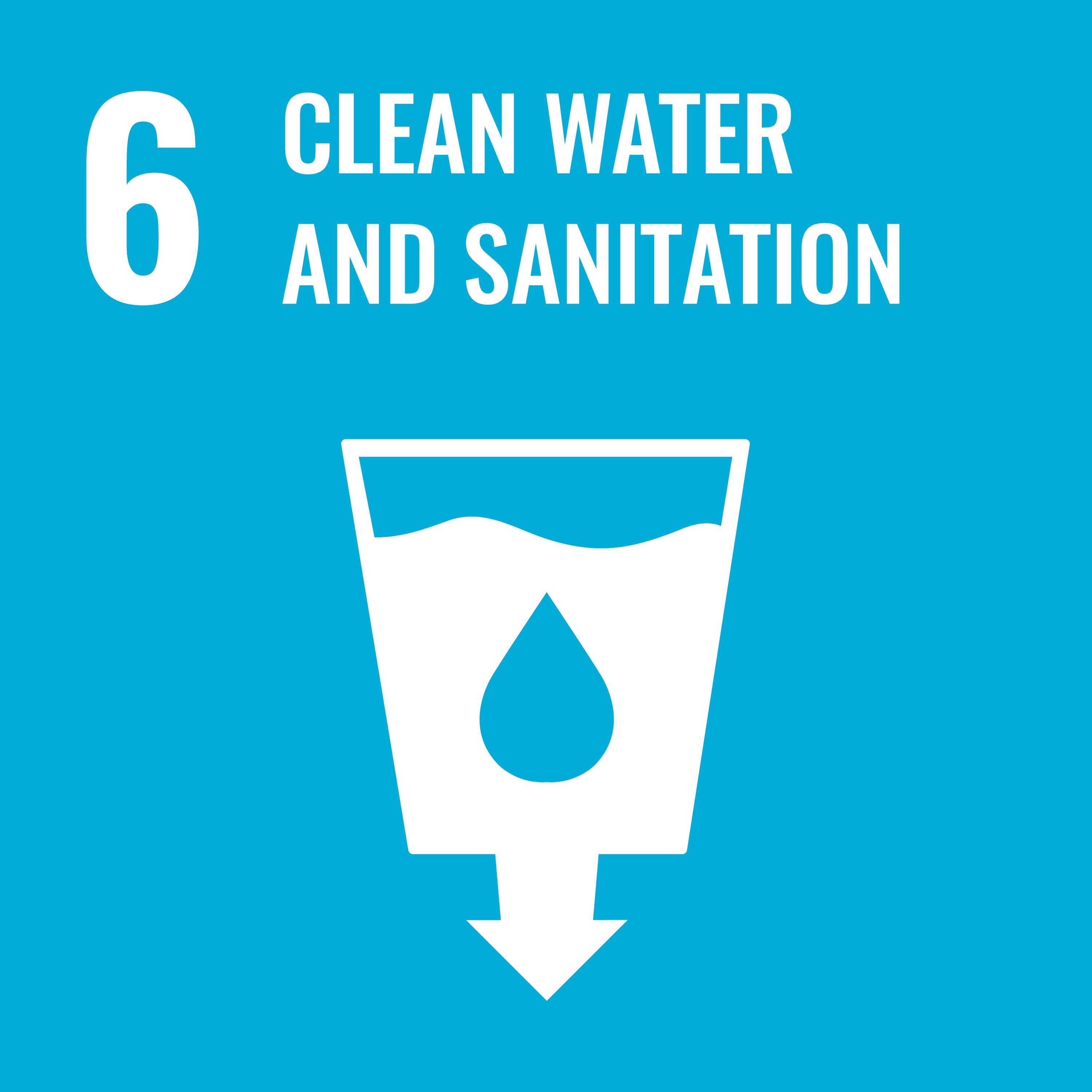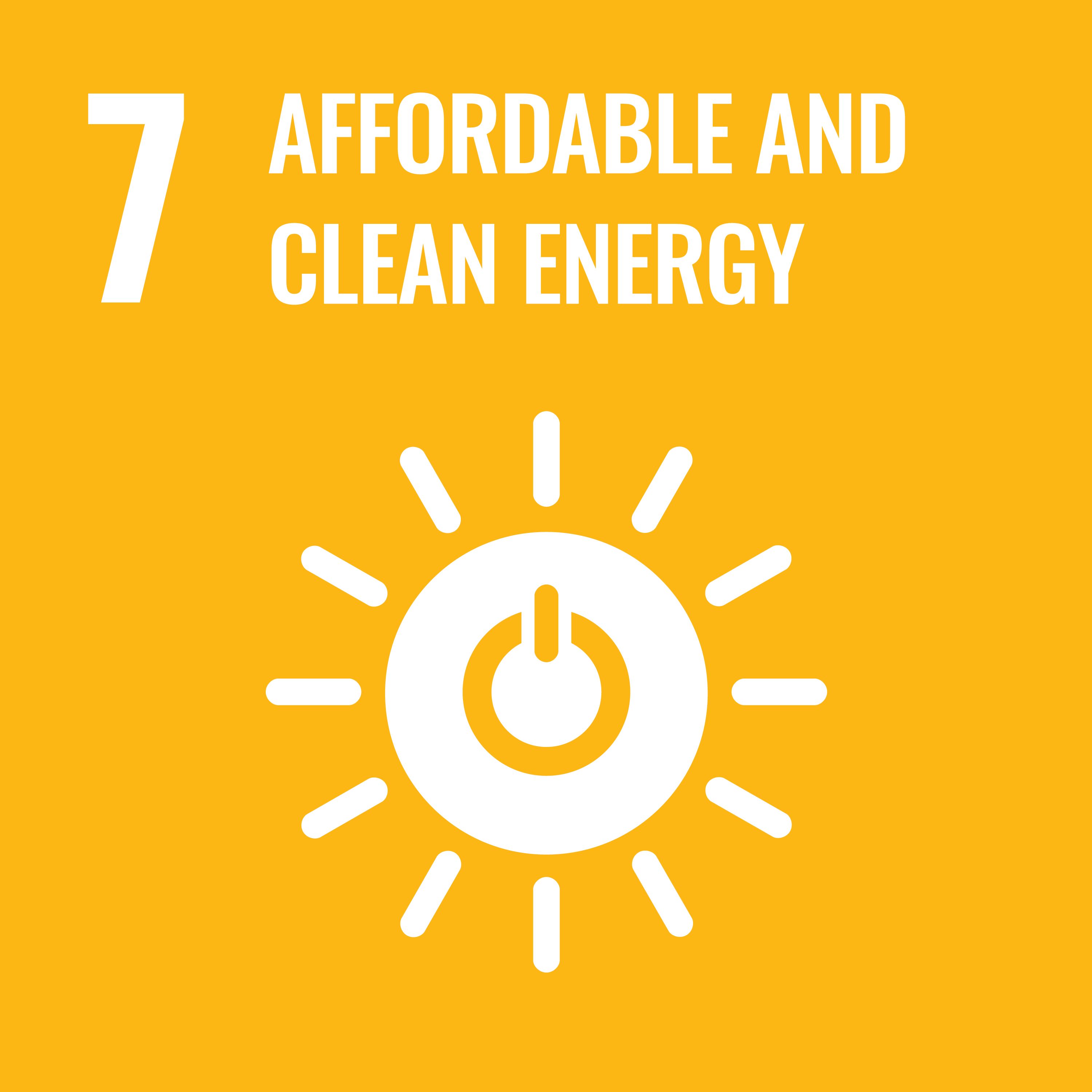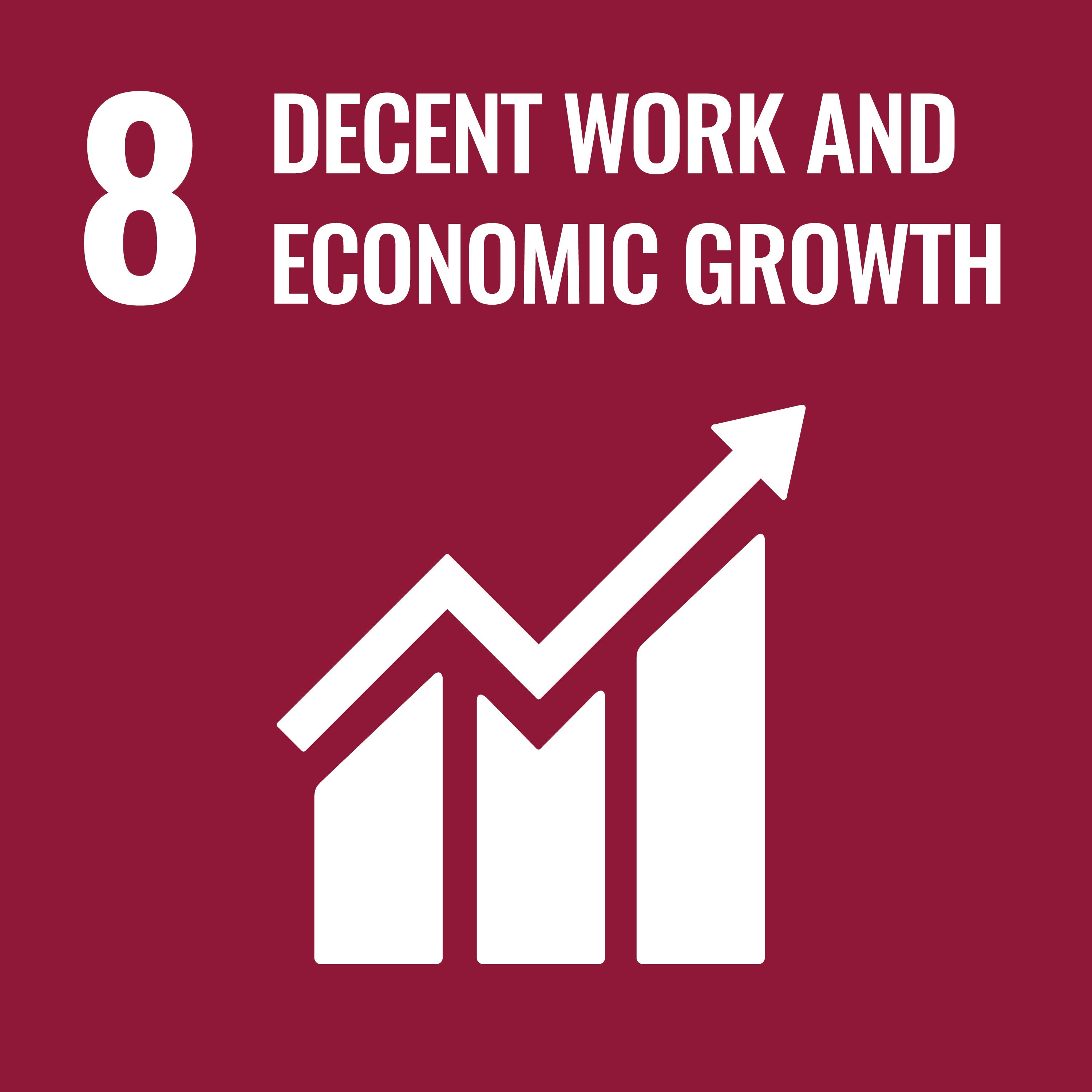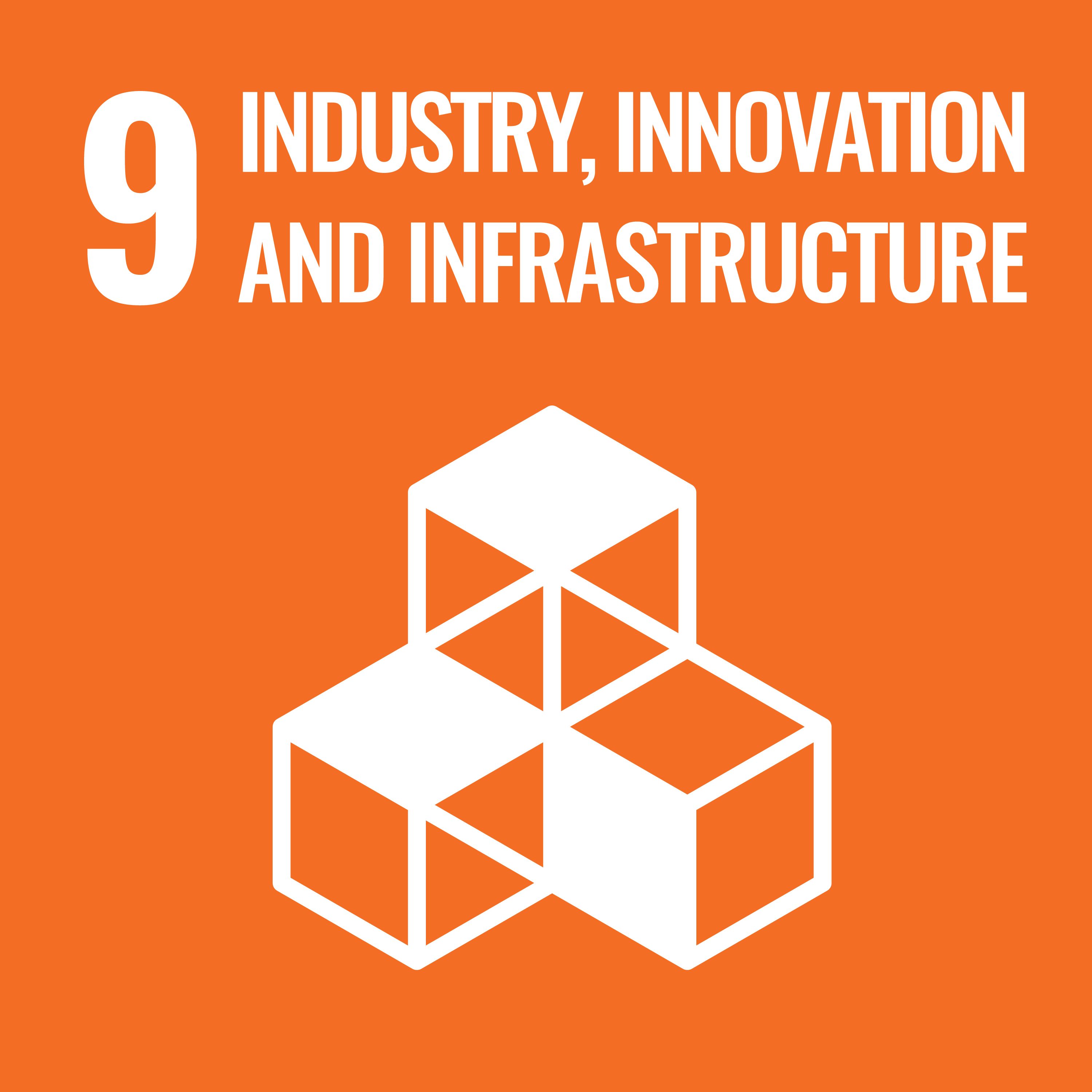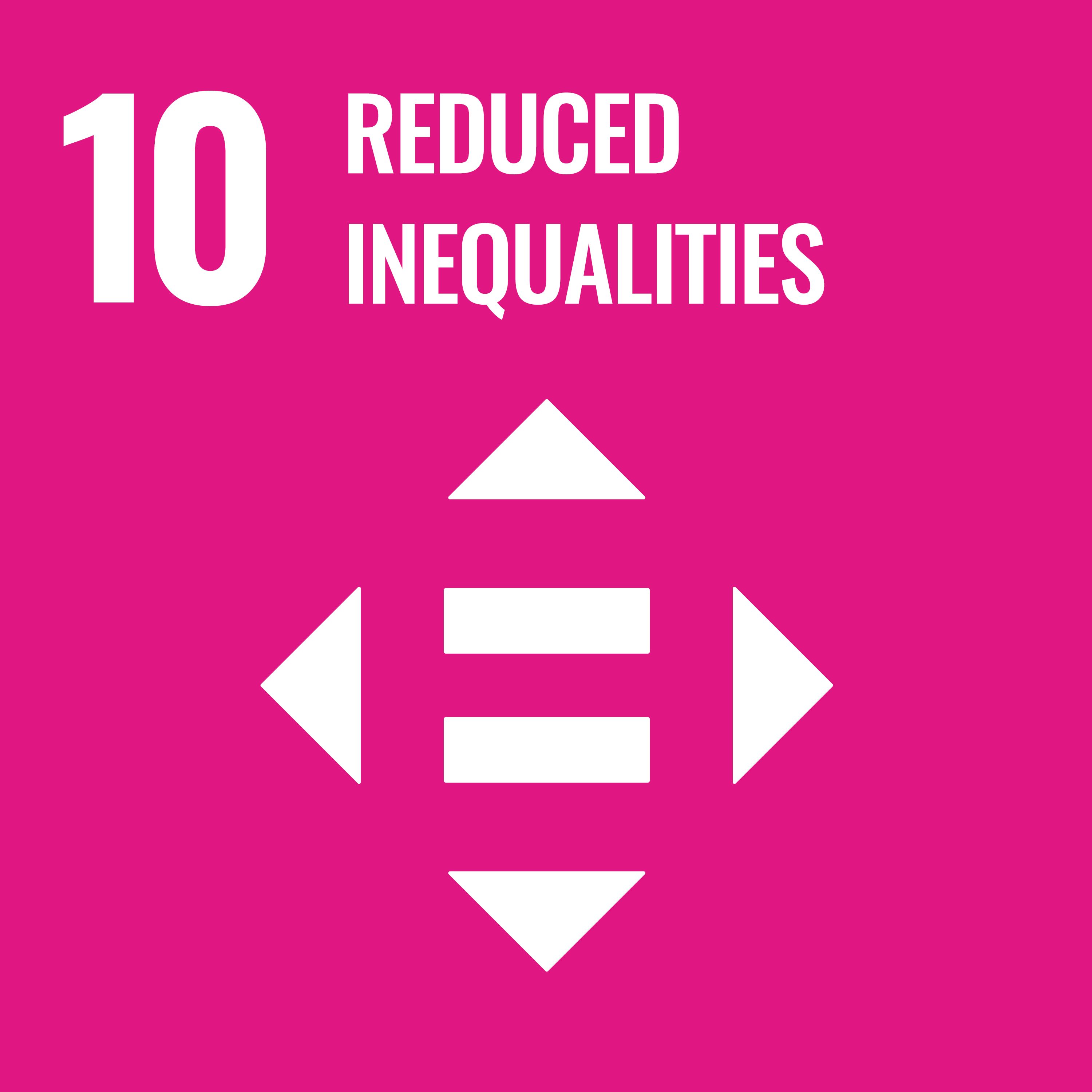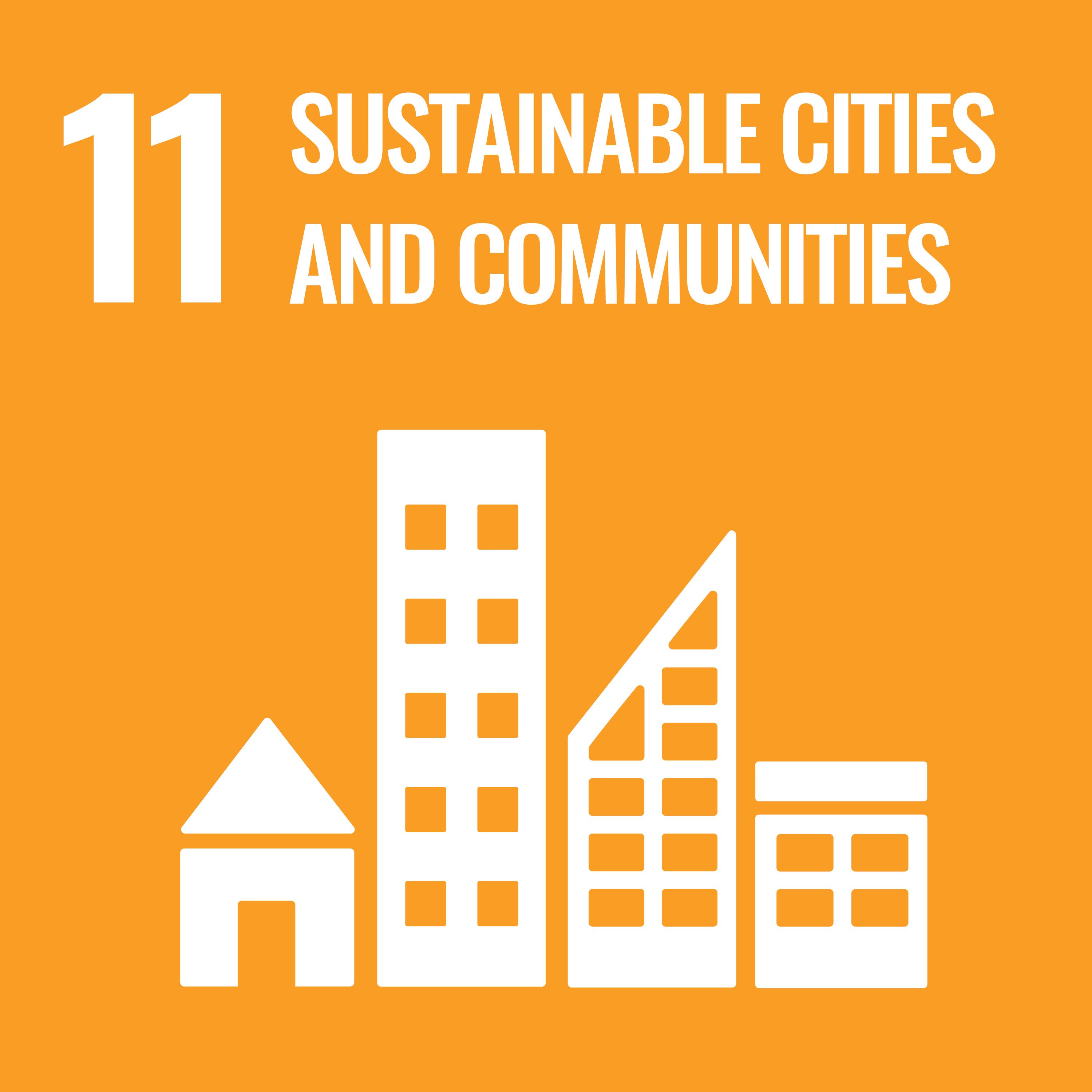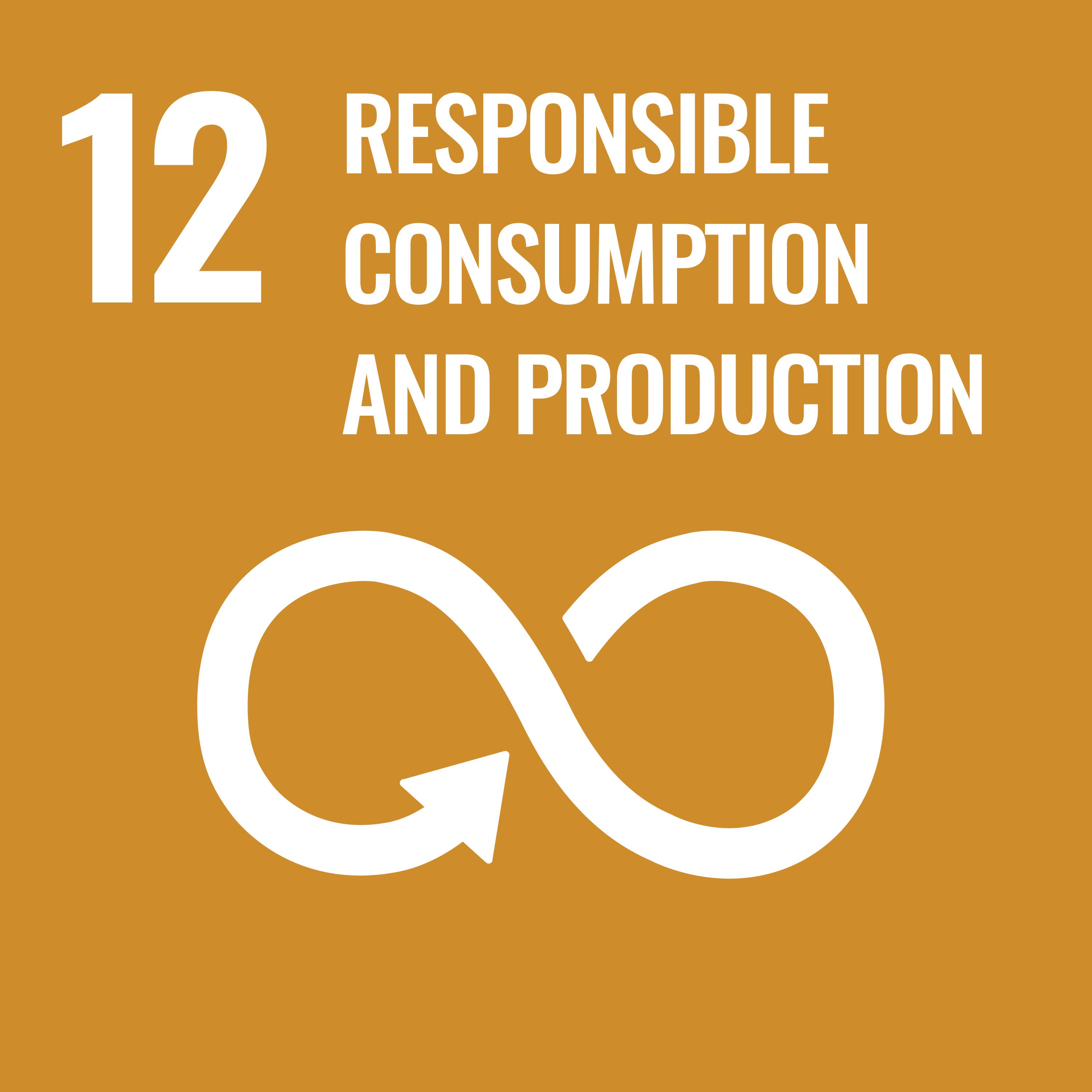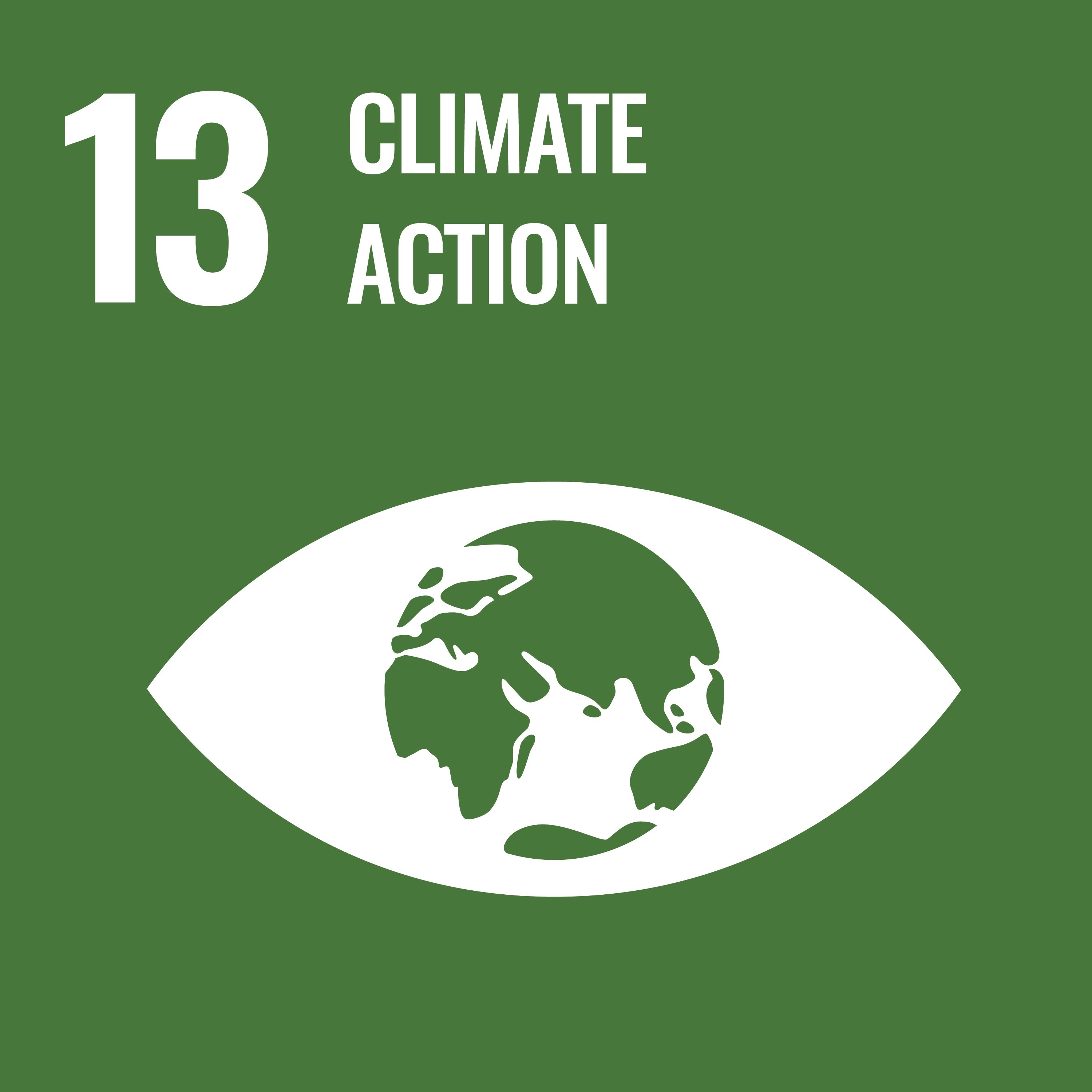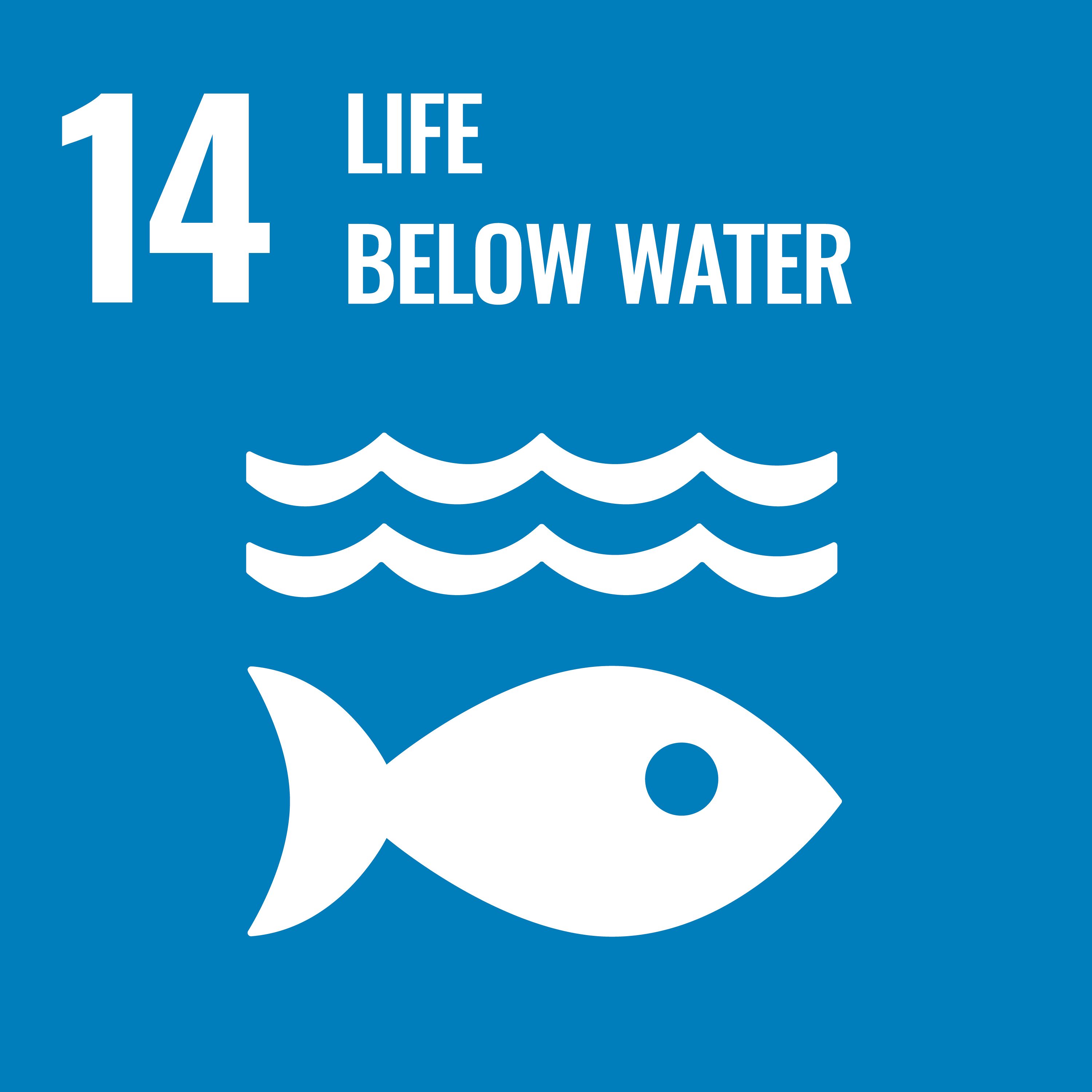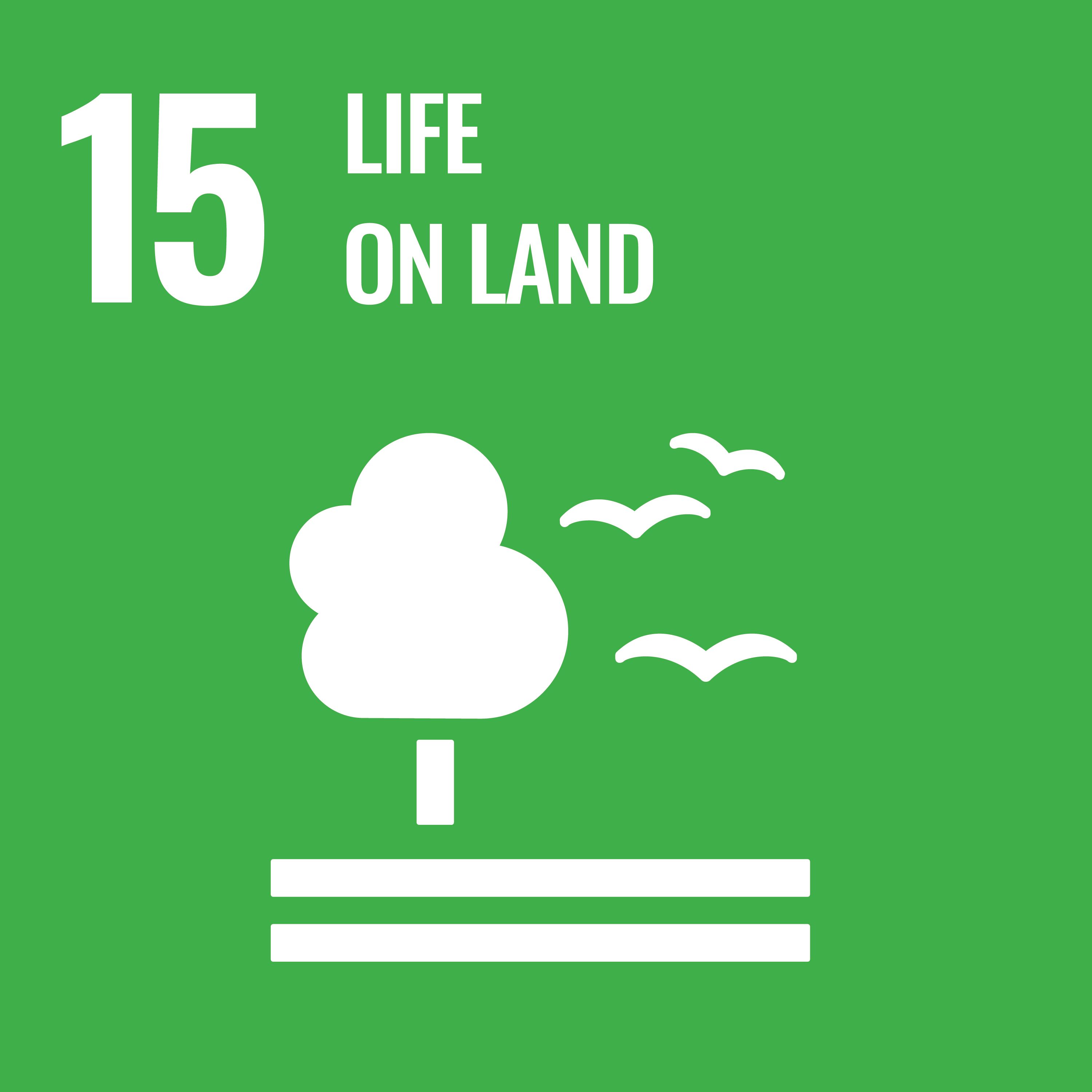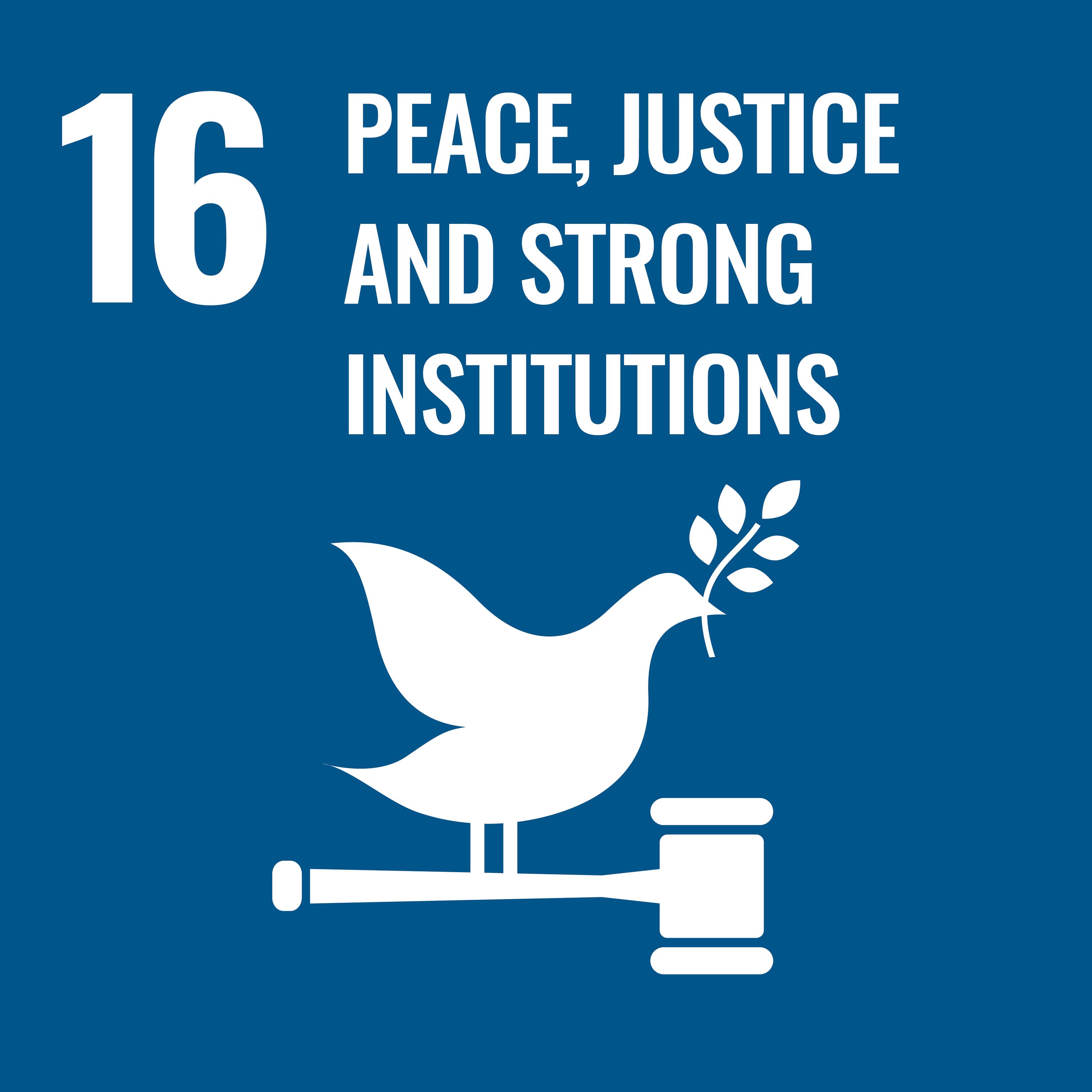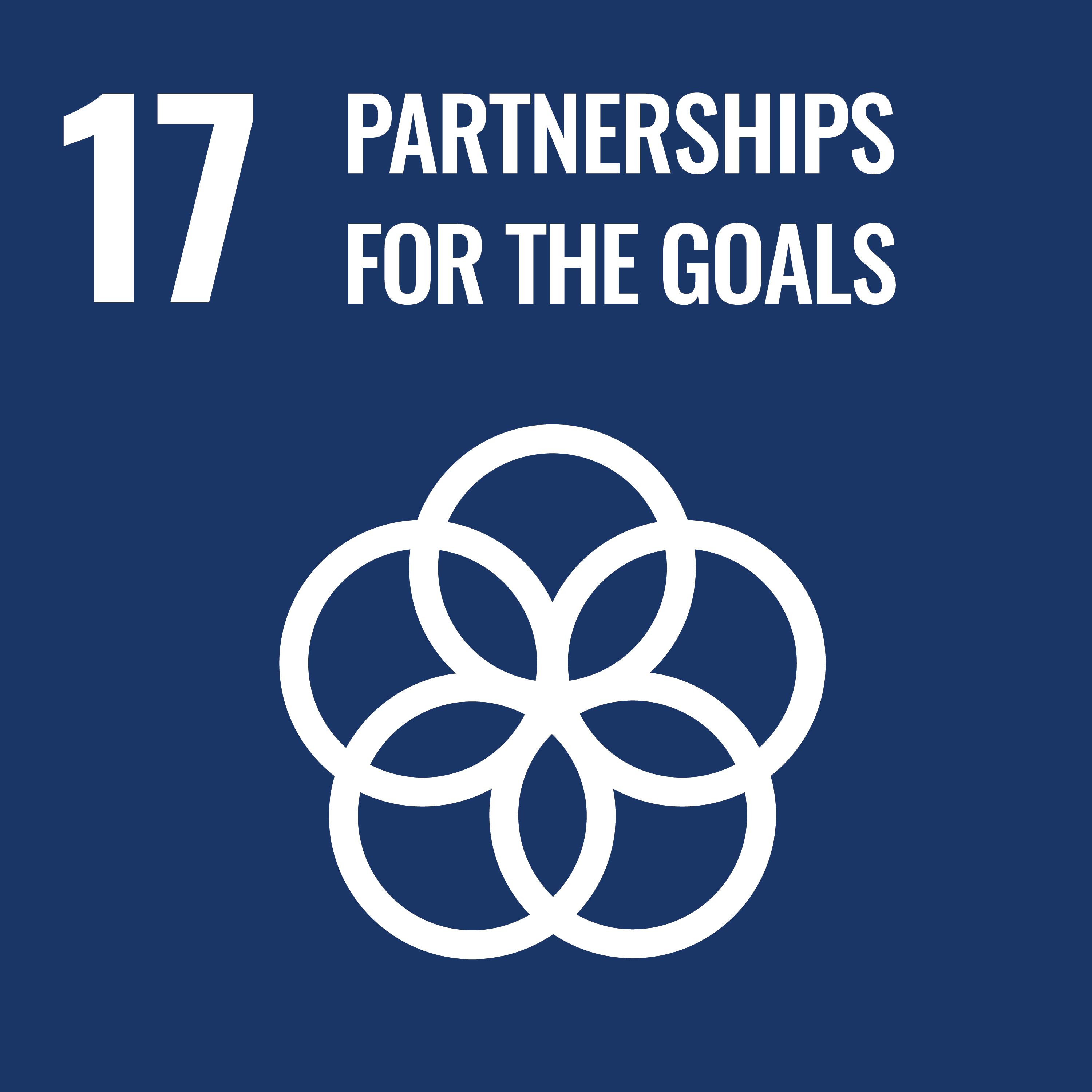Our work towards sustainability
Summary 2024

The 17 Sustainable Development Goals, (SDG) were established in 2015. They set an agenda and call for action for countries to end poverty, fight inequalities and build peaceful, just and sustainable societies by 2030.
Waipapa Taumata Rau, University of Auckland has sustainability as a foundation of its strategy, purpose and work. In 2019 Times Higher Education (THE) launched the University Impact Rankings to measure progress by universities towards the SDGs worldwide.
To date the University has consistently ranked in the top one percent globally each year. The results reflect the University's strong commitment to sustainability and as an anchor institution seeking to make positive social impacts through its partnerships, research, teaching, operations, community engagement and knowledge transfer.
This is a summary of the University's annual sustainability report. For each of the SDGs, the University has mapped teaching, learning and research contributions as a way to measure our progress towards the goals.
As a teaching and learning institution the University offers 868 SDG related courses out of a total of 2,614 courses. As the country's leading research institution, the mapping reveals that our researchers play a significant role in the country's path to a sustainable future.
Sustainable Development Goals report card
End poverty
73 publications
30% National share of publications
12 courses offered
Zero hunger
198 publications
24% national share of publications
19 courses offered
Good health and well-being
2,019 publications
33% national share of publications
459 courses offered
Urgent need to fix equity gaps for Pacific youth
SDG 1: No poverty Talavou o le Moana, a report on Pacific secondary school students in New Zealand from the Youth19 Rangatahi Smart Survey led by the Adolescent Health Research Group (AHRG), has uncovered major inequities in mental health, housing deprivation and experiences of racism.
Lead author of the report, Dr Analosa Veukiso-Ulugia, from the University’s School of Curriculum and Pedagogy, says one third of respondents stated they didn’t see a positive future for themselves in Aotearoa.
Almost half of Pacific students experienced housing deprivation, with worries around having enough money for rent or mortgage payments, or the safety of their neighbourhoods. More than one-third reported having experienced a racist encounter.
The report highlights concerning statistics around mental health, with a quarter of students manifesting depressive symptoms and serious thoughts of suicide; tragically, one in ten had attempted suicide in the previous year. However, she noted significant progress in areas such as feeling safe at school, connections to family and faith, and lowered substance abuse.
The report looked at ethnic and gender identity; family and faith; socioeconomic environment and housing; education, friends and community; physical, mental and sexual health and substance use and healthcare access.
The report stresses the urgent need to address these issues and calls for collaboration between governments, agencies, and communities to create a more equitable future for Pacific youth.
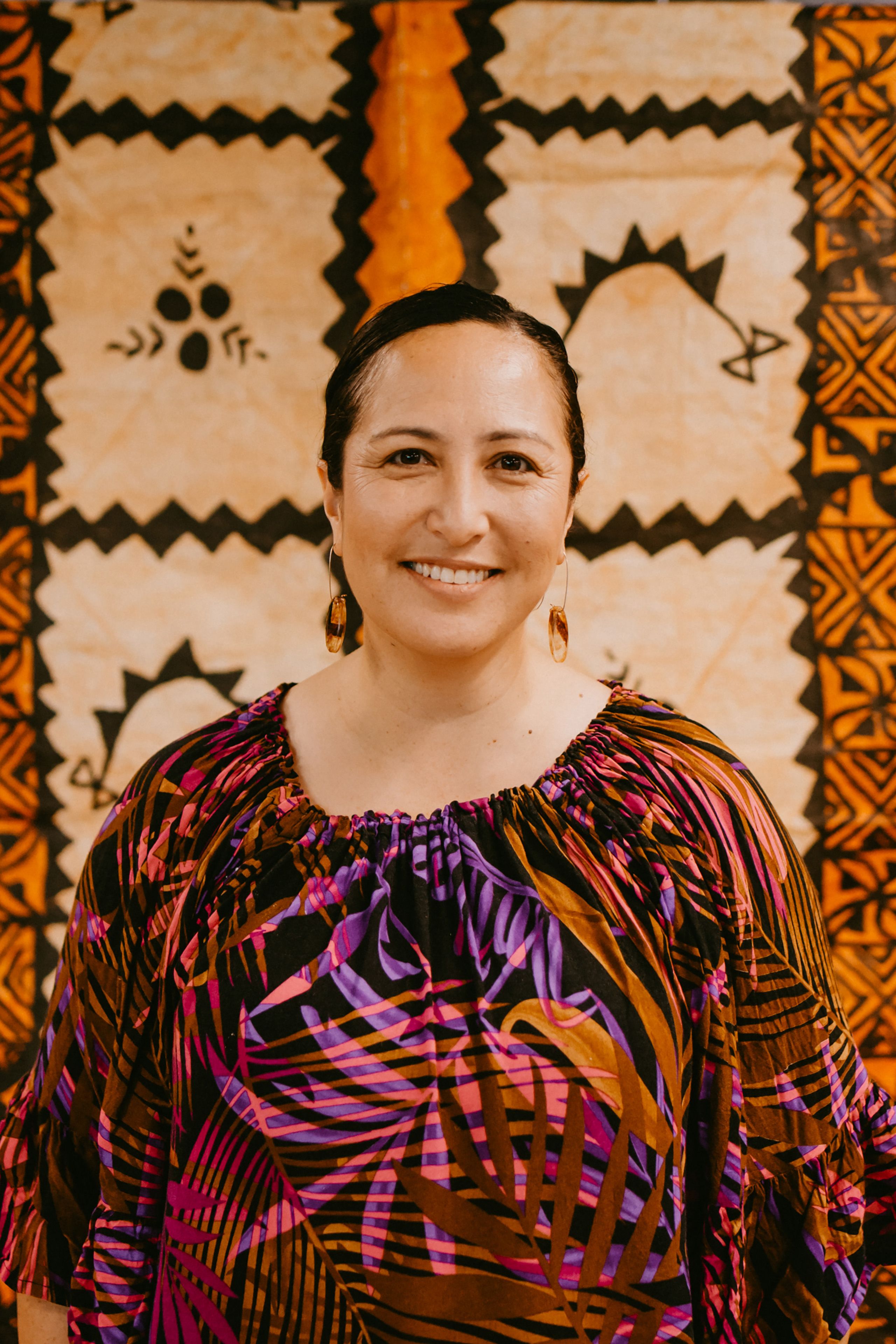
Quality education
448 publications
37% national share of publications
129 courses offered
Gender equality
79 publications
31% national share of publications
19 courses offered
Clean water and sanitation
116 publications
24% national share of publications
20 courses offered
Champion for change
SDG 5 Gender equality: Sarina Todd, (right) an engineering student at the University of Auckland, was honoured with the Most Outstanding Contribution (Service and Leadership) award at the 2023 Blues Awards for her dedication to promoting gender equity in STEM fields. As a co-founder of Women In STEM NZ and a leader in several student organizations, Sarina has been instrumental in connecting young women with role models, and providing career insights.
Her initiatives are utilised in New Zealand high schools as educational resources. Sarina also represented the university at UNITE Camp 2030 in New York, focusing on sustainable development goals related to quality education. Her achievements highlight significant contributions to gender equity and STEM education.
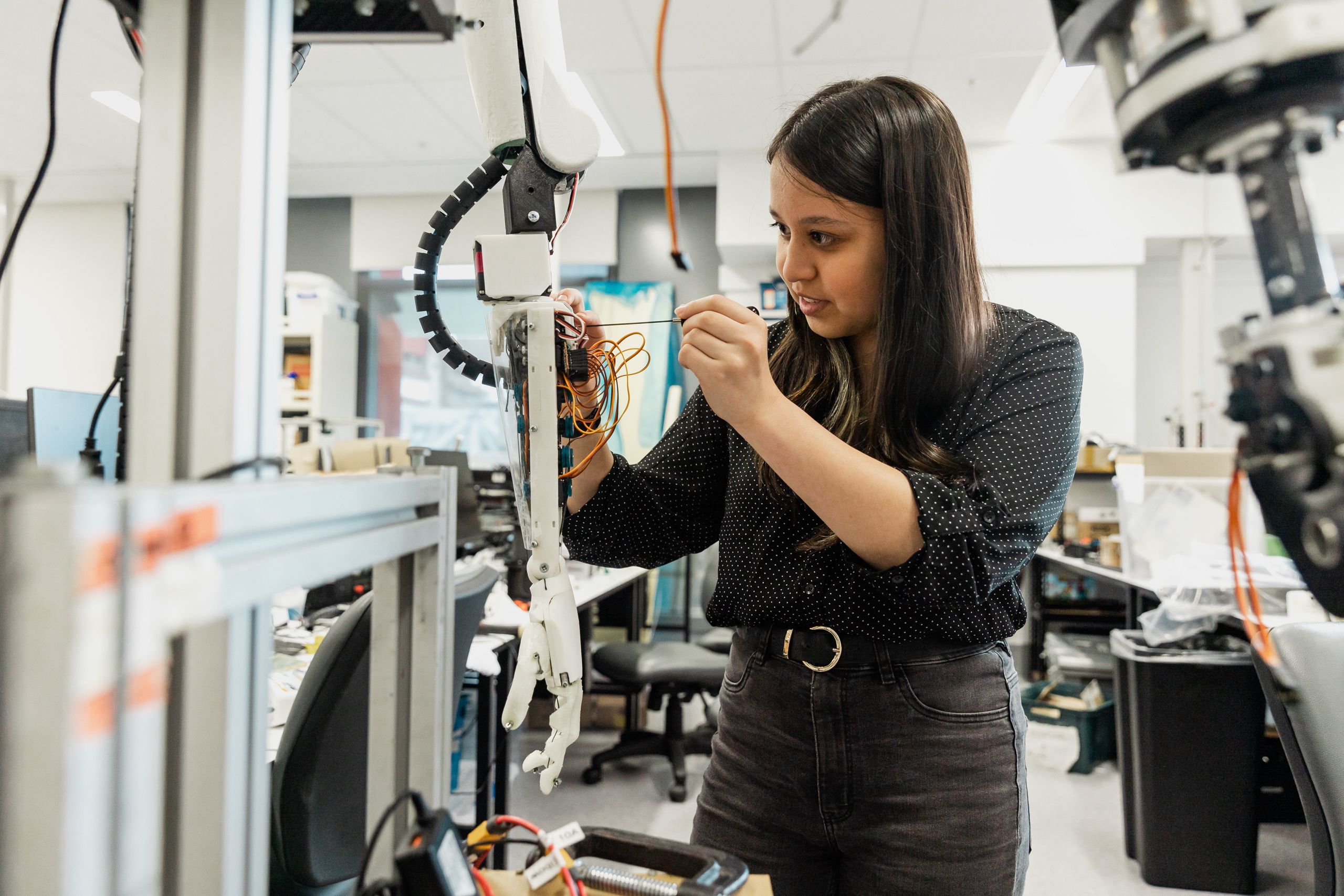
Affordable & clean energy
152 publications
36% national share of publications
15 courses offered
Decent work
73 publications
20% national share of publications
33 courses offered
Industry, innovation, infrastructure
111 publications
27% national share of publications
17 courses offered
Embracing Pacific entrepreneurship
SDG 8 Decent work: The 2023 Pasifika Innovation and Entrepreneurship Talanoa, hosted by the University of Auckland, highlighted the importance of identity and cultural values in Pacific entrepreneurship. The event featured a panel of Pacific entrepreneurs who shared insights on innovation, the significance of embracing their heritage, and the need to diversify income streams. They also shared how their Pacific roots guide their business decisions and creativity, with a focus on preserving culture and making a social impact. The discussion also stressed the value of understanding one’s context, making business decisions aligned with cultural awareness, and using time wisely. The evening concluded with shared kai (food), fostering connection and inspiration among attendees.
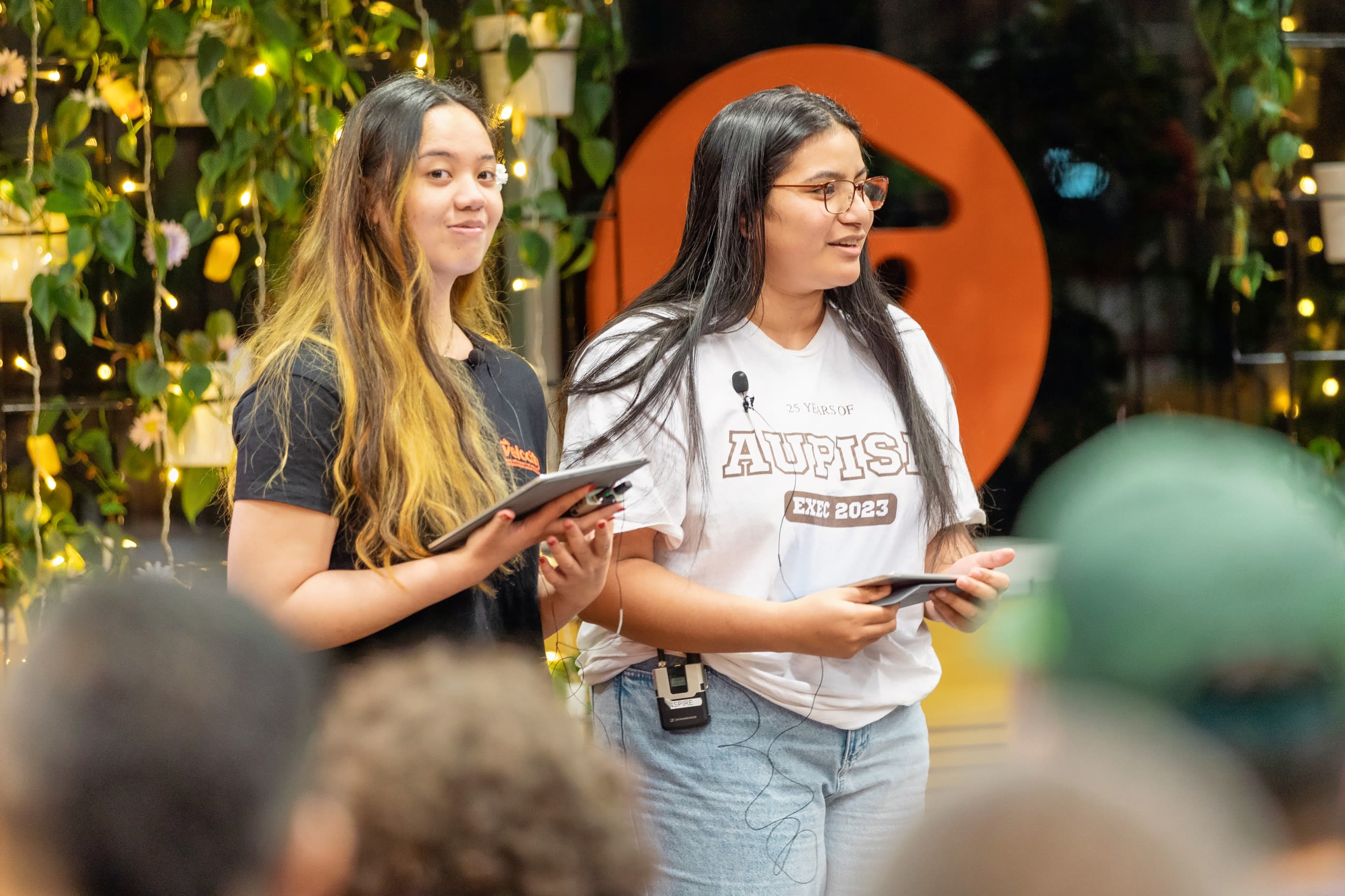
Reduced inequalities
281 publications
31% national share of publications
62 courses offered
Sustainable cities & communities
270 publications
29% national share of publications
107 courses offered
Responsible consumption and production
168 pubications
27% national share of publications
27 courses offered
Architectural accolade
Professor Deidre Brown, Ngāpuhi, Ngāti Kahu, made history by becoming the first Māori woman and academic to win the NZ Institute of Architects’ 2023 Gold Medal.
She was recognised for her contributions to architecture through academia, research, and service rather than professional practice. In her role as head of Te Pare School of Architecture and Planning at the University of Auckland, Deidre emphasises the importance of Māori and Pacific architectural and art history, housing, and indigenous design.
Aside from her academic achievements, Deidre has also made significant contributions through leadership, mentoring, and cultural preservation. She was instrumental in locating and repatriating eight missing Māori wood carvings from museums around the world. Deidre’s broad spectrum of work has had a profound impact, transcending disciplines and benefiting many individuals.
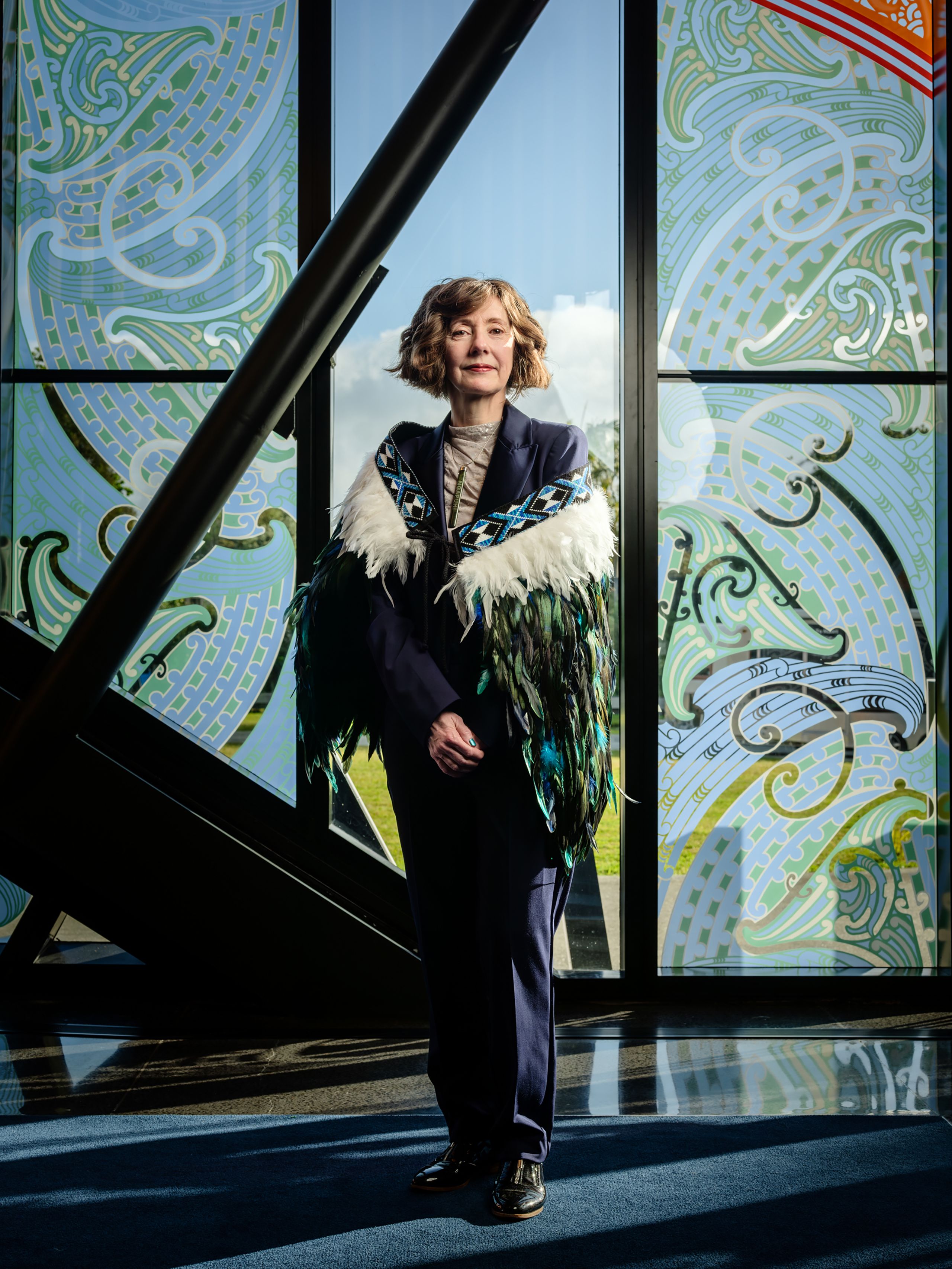
Climate action
177 publications
17% national share of publications
40 courses offered
Life below water
170 publications
22% national share of publications
31 courses offered
Life on land
248 publications
19% national share of publications
46 courses offered
Peace, justice and strong institutions
138 publications
25% national share of publications
71 courses offered
Partnerships for the goals
Excels in international sustainability rankings
Sustainability teaching network
Māori and Pacific student university entrance parity by 2030
Antarctica's icy seas
Professor Craig Stevens co-led a research expedition focusing on the decline in sea ice coverage due to warming oceans, with the aim of understanding the impacts on the physics and bio-geochemistry of the Southern Ocean.
The voyage utilised robots like ocean gliders to collect vital data on temperature, salinity and other physical and chemical properties of the ocean, highlighting warmer water encroaching beneath the continental shelf.
These observations suggest potential changes in the Ross Sea sector as warmer waters pose a threat to the stability of the region. The study’s findings underscore the urgent need to expand data collection efforts in Antarctica to monitor and understand the evolving impacts of climate change on the region and how these will flow on to Aotearoa.
